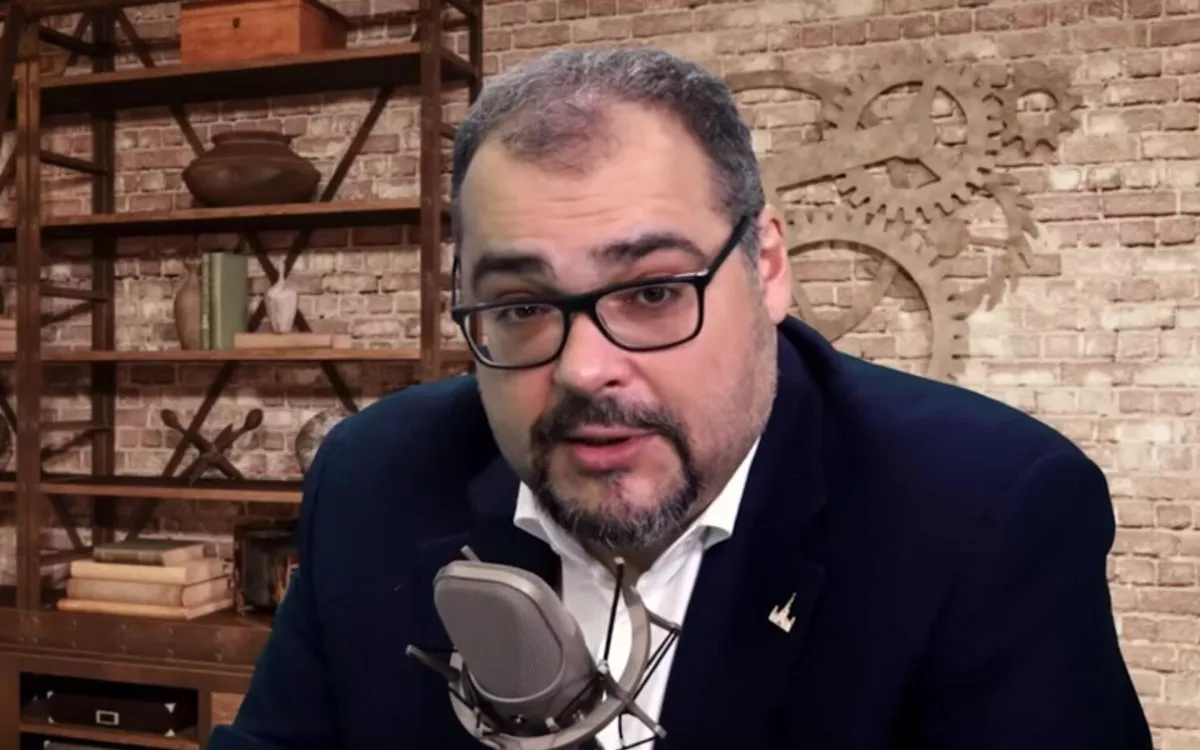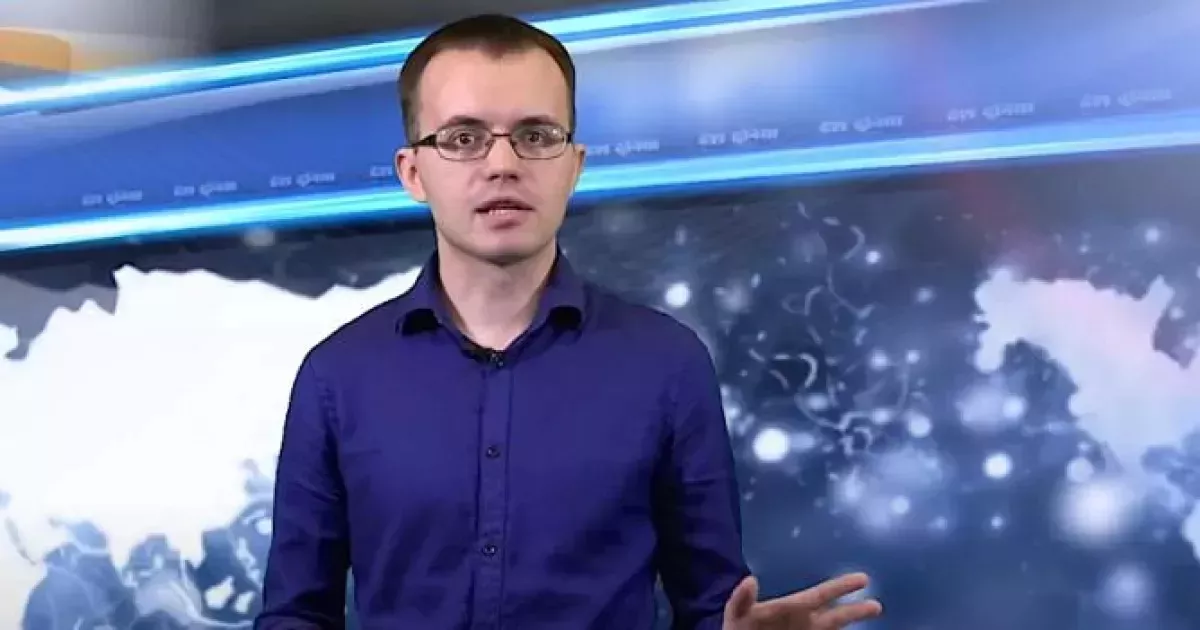South Caucasus amidst new US-Russia détente Experts weigh in on the political implications
A recent thaw in relations between Washington and Moscow, currently taking shape through dialogue and efforts by Donald Trump and his team to negotiate with the Russian president and end the war in Ukraine, may mark the beginning of a new reality. The shared areas of interest and consensus between the two great powers could begin to exert a significant influence on contemporary geopolitics, including the situation in the South Caucasus.
This influence may manifest both positively and negatively. A unified stance by the U.S. and Russia on establishing peace in the South Caucasus could weaken the destabilizing impact of Europe and other external actors on regional stability, potentially resetting the ambitions of Yerevan, Paris, and even Brussels.
What do political experts think about this? Which scenario of influence from these power centers on the South Caucasus seems the most likely? With this question, the Caliber.Az correspondent reached out to American and Russian analysts.

Russian political analyst and publicist Ruslan Safarov believes that relations between Russia and the U.S. remain tense, which significantly complicates the prospects for their interaction in the South Caucasus. The negotiation process is just beginning, and the level of distrust between the parties remains high, so expectations for a quick thaw are unrealistic. Nevertheless, positive scenarios do exist, although they are currently only within the realm of hope.
"From the perspective of U.S. foreign policy, the South Caucasus is not a priority. The U.S. operates in the region primarily reactively: marking its presence but not taking significant steps. The priorities of American foreign policy at the moment are focused on controlling the situation in North and South America, the Middle East, Europe, and Southeast Asia. The South Caucasus remains a secondary concern.
For Russia, the situation is quite the opposite. The post-Soviet space countries, including the South Caucasus, are areas of existential interest. Russian foreign policy in this direction is being modernized and is focused on building sustainable interactions with all countries in the region. For example, there is a certain thaw in Russian-Georgian relations, strategic cooperation with Azerbaijan is actively developing, and despite political disagreements, economic dialogue with Armenia is maintained.
The key task for Russia is to preserve the non-aligned status of the region — similar to its stance on the issue of Ukraine. Further interaction could be built more constructively if the U.S. agrees to this point," said our interlocutor.
In his opinion, in addition to Russia and the U.S., Türkiye and Iran play a significant role in the situation in the region. Türkiye remains an important partner for both Moscow and Washington. Trump's statements regarding the situation in Türkiye are more aimed at supporting Erdogan’s line rather than opposing it. For Russia, Erdogan is a complex but predictable partner, which allows for the building of pragmatic relations. This explains the nature of the corresponding statements.
"With Iran, it's more complicated. In the U.S., there are two opposing forces: the pro-Israel lobby, which insists on an anti-Iranian policy and even military conflict, and those advocating for a more restrained approach, led by President Trump, who seeks to avoid a new major military confrontation. In the framework of negotiations on Ukraine, the U.S. is actively involving Russia in the Iranian issue, which seems like an interesting solution. Russia recently signed a strategic partnership agreement with Iran, and its role as a mediator in U.S.-Iran relations may increase.
Both sides are not interested in escalating the conflict around Iran, as it could lead to a serious humanitarian disaster, including in the South Caucasus. The issue of the non-aligned status of the region remains crucial and will likely become a defining factor in the negotiations between Russia and the U.S. The development of events will largely depend on the outcome of these discussions," emphasized Safarov.

Andrew Korybko, an American analyst and political scientist, believes that the emerging format of Russian-American "new détente" — in the form of a ceasefire in Ukraine, a truce, or a peace agreement — would significantly ease the perception of threats between the two countries. This, in turn, could reduce their geopolitical rivalry in other regions, such as the South Caucasus. If Armenia's pro-Western pivot was overseen by the previous Biden administration, the current Trump administration is unlikely to continue it in order to avoid further destabilizing the South Caucasus.
"Trump has praised Turkish President Erdogan several times and called for Europeans to take more responsibility for their own security. These factors, combined with the thawing of Russian-American relations, could lead the U.S. to slow the pace of its military-strategic interaction with Armenia, although France may attempt to replace the role the U.S. has lost by that time. However, the key to everything is Georgia.
The government of Georgia is currently very patriotic and does not want to play any role in regional geopolitical games that could occur at the expense of its national interests, which was one of the reasons that led the Biden administration and its European allies to attempt to overthrow the current government in Tbilisi. However, they were unsuccessful.
Thus, the current situation inspires cautious optimism. Provided that there is no further foreign interference in Georgia’s affairs, Russian-American rapprochement will continue, and there will be no negative surprises in U.S.-Turkish relations, Armenia's pro-Western pivot will most likely be significantly slowed down. In this scenario, circumstances will finally compel Armenia to make the right decision, signing peace with Azerbaijan, restoring ties with Türkiye, and becoming a responsible regional player," concluded Korybko.








